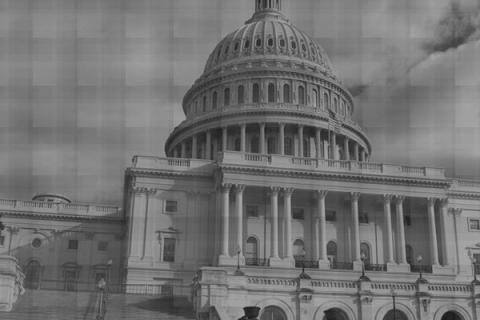Today, the Ninth Circuit Court of Appeals ruled that Proposition 8, California's same-sex marriage ban, is unconstitutional. In an opinion delivered by Judge Reinhardt, the court found that California's Proposition 8 violates both the equal protection and due process clause of the United States Constitution. Reinhardt cited that the California Constitution "requires that there be at least a legitimate reason for the passage of a law that treats different classes of people differently." The 2-1 decision found that there is no such reason. Judge Reinhardt argued:
"Proposition 8 serves no purpose, and has no effect, other than to lesson the status and human dignity of gays and lesbians in California and to officially reclassify their relationships and families as inferior to those of opposite-sex couples."
He affirmed the decision of the district court and concluded:
"For now, it suffices to conclude that the People of California may not, consistent with the Federal Constitution, add to their state constitution a provision that has no more practical effect than to strip gays and lesbians of their right to use the official designation that the State and society give to committed relationships, thereby adversely affecting the status and dignity of the members of a disfavored class."
This decision came 18 months after federal judge Vaughn Walker struck down the ban. The issue at hand is not only an issue of equal protection of rights, but an issue of whether or not a federal court can strip California voters of their right to the initiative process. Proposition 8 is a California voter passed initiative, an approved ban of same-sex marriage. It was voted into law in November of 2008, with 52% of California voters approving it.
The National Organization for Marriage (NOM), the main backers of the 2008 proposition, have condemned the court's ruling and plan to take the issue to the U.S. Supreme Court. Chairman of NOM John Eastman speaks to the preservation of the institution of marriage and argues:
"The push for uncoupling marriage and procreation makes it even more important to stick to traditional understandings of the institution. If you remove that connection, then society ought to just get out of the marriage business entirely and society should just have a free for all."
NOM's President Brian Brown adds:
"We have anticipated this outcome since the moment San Francisco Judge Vaughn Walker's first hearing in the case. Now we have the field cleared to take this issue to the US Supreme Court, where we have every confidence we will prevail."
While opponents of Proposition 8 celebrate in California, the ban on same-sex marriage legally remains in effect until the period for filing an appeal has passed. And based on the sentiments of the National Organization for Marriage and other proponents of Proposition 8, this issue will likely be appealed to the U.S. Supreme Court.

